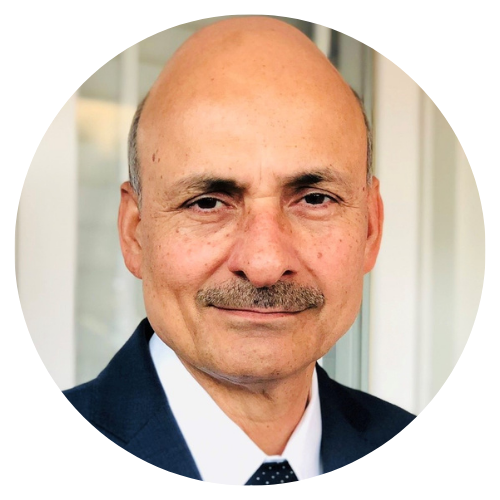WaterTalk: Unconventional Water Resources
Date: May 1st, 2024 | Time: 2:30 PM | Location: Macdonald Engineering Building Room: 497 | Free Hyrbid Event
Water scarcity is a limiting factor for economic development and improved livelihoods for an increasing number of countries. It is recognized as a potential cause of social unrest, migration, and conflict within and between countries. In many parts of the world, conventional sources like snowfall, rainfall, river runoff, and easily accessible groundwater are being affected by climate change, and supplies are shrinking as demand grows. A range of unconventional water resources can be combined to bring new water sources for human consumption and food production. Such water resources are generated as a by-product of specialized processes or require special technologies to collect and access water. Sources of unconventional water resources range from Earth’s seabed to its upper atmosphere and capturing them requires a diverse range of technological interventions and innovations. Harvesting water from the air consists of rain enhancement through cloud seeding and collection of water from fog, while capturing water on the ground addresses micro-scale capture of rainwater where it would otherwise evaporate. All these techniques address local water shortages. On the groundwater front, tapping offshore and onshore deep groundwater and extending sustainable extraction of undeveloped groundwater are important options in areas where there is potential for additional groundwater resources. Reusing water is the key to water conservation and enhancement opportunities which lead to fit-for-purpose use of treated municipal wastewater and agricultural drainage water. Additional opportunities to develop water resources exist in the form of desalinated potable water. Physical transport of water, such as through towed icebergs and ballast water held in tanks and cargo holds of ships, is receiving attention, but corresponding practices remain in infancy. Despite the demonstrated benefits of most of these unconventional water resources, their potential is under-explored by countries that urgently need stable freshwater sources for people and food production. Such water needs will intensify over the coming decades.
 Manzoor Qadir
Manzoor Qadir
Deputy Director, United Nations University Institute for Water, Environment and Health (UNU-INWEH)
Manzoor Qadir is an environmental scientist with over 30 years’ experience of working on water-related sustainable development through contribution to policy, institutional, and technical aspects of unconventional water resources, wastewater related resource recovery and safe reuse, water quality and environmental health, salt-induced land degradation assessment and rehabilitation, and water and food security under changing climate. Manzoor has implemented multidisciplinary projects with significant capacity development and knowledge sharing components in the Middle East and North Africa, Central Asia, South Asia, and Sub-Saharan Africa regions. At UNU-INWEH, Manzoor leads global projects on promoting unconventional water resources and technologies for water-scarce areas and on accelerating the implementation of water related SDGs. Manzoor has contributed to major international research consortia and initiatives including the Comprehensive Assessment of Water Management in Agriculture; International Assessment of Agricultural Science and Technology for Development; Global Wastewater Initiative; UN-Water Task Force on Unconventional Water Resources; and SDG 6 Synthesis Report on Water and Sanitation. Before joining UNU-INWEH in Canada, Manzoor previously held senior professional positions at the International Center for Agricultural Research in the Dry Areas (ICARDA) and the International Water Management Institute (IWMI); Visiting Professor at Justus-Liebig University, Germany; and Associate Professor at the University of Agriculture, Pakistan. He has authored over 200 peer-reviewed science and policy-relevant publications.